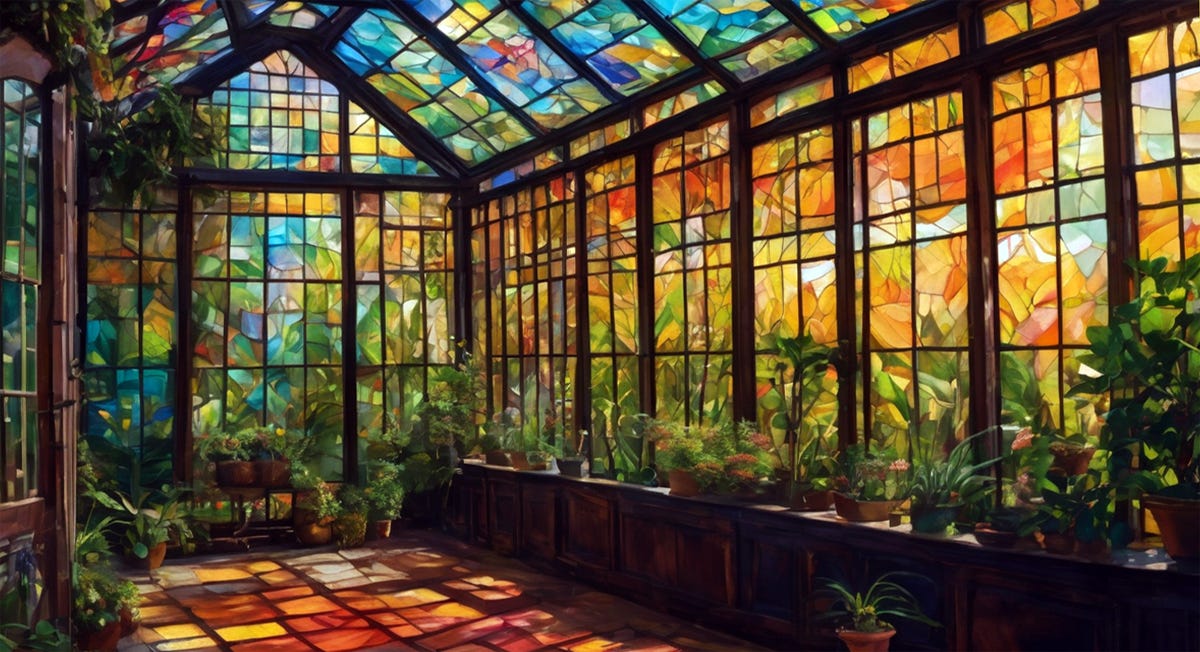
Bill has been driving truck for 30 years. A trim five-foot-ten, he has a lined face and a warm manner. At age 73, he does one cross-border run a week for Jonker Trucking. On Monday morning he picks up his rig at the yard and then loads up in the Hamilton-Niagara region. Mostly it's steel. Sometimes it's lumber.
He drives south to New Jersey, Pennsylvania, Tennessee, unloading late in the afternoon or early the following morning. Often, he drives to a second community to fetch bricks, shingles, or train wheels prior to his return journey. Sleeping in the bunk of his truck, he usually crosses back into Canada first thing Wednesday.
After making his delivery, Bill phones Elisabeth, his wife of 50 years. "'I'm leaving the yard. You want a coffee and a sandwich?' So I stop at McDonalds and get coffee," he says, "then I go to Burger King, get a couple croissan'wich."
When he first began driving truck, their four kids were aged seven to 13. "Which was fine," says Elisabeth. "I could hold down the fort. He'd go to Florida, back and forth," delivering cookies for a well known cookie company. At other times, he drove the cookies into Quebec.
Bill and his wife are both immigrants from The Netherlands. They arrived in Canada as infants - aged two months and five months, respectively. Their own children have blessed them with 19 grandkids, who call them Opa and Oma.
"We're all church-going Christians," says Bill. And it was at church that one of the pandemic's first blows fell. In early 2020, the government of Ontario banned gatherings of more than five people. A congregation of 500 was suddenly told not to congregate. Stay home. Remain isolated.
But church is more than religious worship. It's a web of mutual support - an opportunity to check in with the widow who recently lost her husband, with the man who's battling cancer. Those who live alone look forward to the hugs and camaraderie, to seeing the new babies, to hearing the news about so-and-so.
Human beings are social creatures. Our mental health is closely linked to ritual and routine. Moreover, our need for moral clarity and spiritual guidance spikes during times of crisis. Yet governments kicked these supports out from under people. Heedlessly. Cavalierly. For months that stretched into years, houses of worship were nothing like normal. Mental well-being got pushed so far down the priority list, it disappeared from view.
At Bill's church, the council voted to obey the government. This was difficult to swallow, says Elisabeth. Several Bible verses "command us to continue to worship, to obey God rather than men. We don't need the government's permission" to attend church.
Amid technical glitches and frequent delays, Sunday services were livestreamed. The majority of parishioners stayed home. But a contingent of rebels chose a different path. One family, owners of a local business, erected a massive screen so people could gather and worship together.
For about three months, says Bill, "We were over 100 people in this greenhouse. We were all on the same page. We didn't have to be afraid to say anything. It was beautiful."
Elisabeth is adamant: "It's about communion, community." In addition to the Sunday morning service, there was one in the afternoon. Concerned about attracting attention, the greenhouse congregation stayed put in between. "We all brought crock pots," she says, adding that the hosts regularly laid out coffee and goodies. "They couldn't have done enough."
No one died of COVID amongst this group. To their knowledge, no one even got seriously ill. "Churchwise, we all had big divisions," Elisabeth says, speaking of their grown children.
Bill nods, "That was the worst part."
next installment: Pandemic Fault Lines





Have forwarded to a descendant of the owners of “the famous cookie company’”. I also sent her the link to the lovely children’s story. She recognized “Opa”.
Keep writing Donna, you are preserving history!